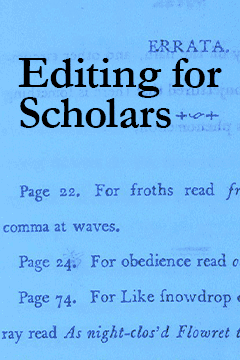From the Holocaust to “Holocaust”
From the Holocaust to “Holocaust”
At the end of the war, the massive revelations of the genocide committed against the Jewish people—and of the way it was perpetrated—stunned the Western world. (The countries of Eastern Europe, long familiar with anti-Semitism, were not exempt from this reaction.) Infected to the marrow, as the European nations were, by the poison of anti-Semitism—and nearly all knowing themselves to be guilty in varying degrees—they recognized and understood at once, with instant, lightning certainty, the unique and unconscionable nature of the crime. Everything was now clear; no debate, no protest, no denial was possible. The Nazi crime was both unprecedented and unsurpassable—unsurpassable because, as we shall see, it was an absolute crime.
What gave rise to this horrified wordlessness was not the fact that, once again, the Jews had been the appointed victims: the European nations were not unaccustomed to such practices; and, indeed, the Holocaust could not have taken place had n...
Subscribe now to read the full article
Online OnlyFor just $19.95 a year, get access to new issues and decades' worth of archives on our site.
|
Print + OnlineFor $35 a year, get new issues delivered to your door and access to our full online archives.
|




